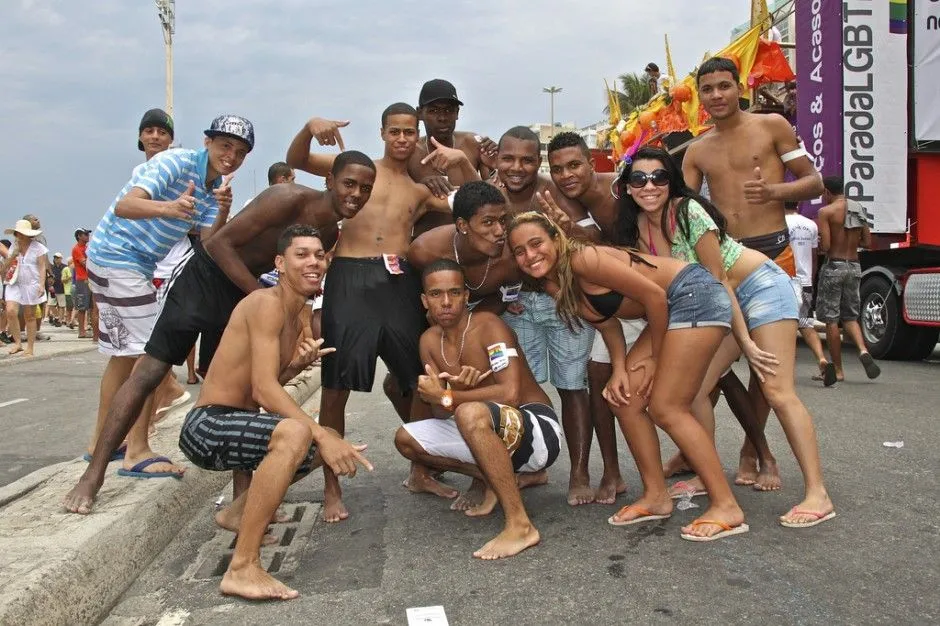Brazil’s population now identifies more as mixed-race than white, a first in the country’s history.
The Brazilian stats agency IBGE reported this change. Its recent census revealed about 92.1 million people, or 45.3% of Brazilians, consider themselves mixed-race.
This number has overtaken the 43.5% who identify as white. Moreover, 20.6 million Brazilians, or 10.2%, see themselves as black.
This number grew significantly, by 42.3%, from the last census. Meanwhile, 1.7 million people, or 0.8%, identify as Indigenous.
This group nearly doubled in size, an increase of 89%. Only 0.4% of the population, or 850,100 people, identify as Asian.
The rise in Indigenous identification results from improved census methods. These methods help recognize more people accurately.
On the other hand, the Asian-identified population decreased by 59.2%.
This drop happened because the census began distinguishing more clearly between Asian, Indigenous, and mixed individuals.

In summary, Brazil is seeing a shift in how its people see themselves. More now identify as mixed-race, while the numbers for other groups also change.
These changes reflect Brazil’s diverse heritage and the impact of more accurate data collection.
Background
This shift in racial identity has broader implications for Brazil’s society and politics.
It may influence policy-making and resource allocation, as demographic shifts often lead to changes in national priorities.
Additionally, this trend reflects a global movement toward acknowledging and embracing mixed heritage, seen in many countries.
In comparison to its neighbors in Latin America, Brazil exhibits a unique pattern of racial identification.
While other nations also have diverse populations, Brazil’s sheer size and historical context make its demographic trends particularly noteworthy.
Internationally, countries like the United States are also recognizing more mixed-race individuals, indicating a wider shift in racial understanding.

